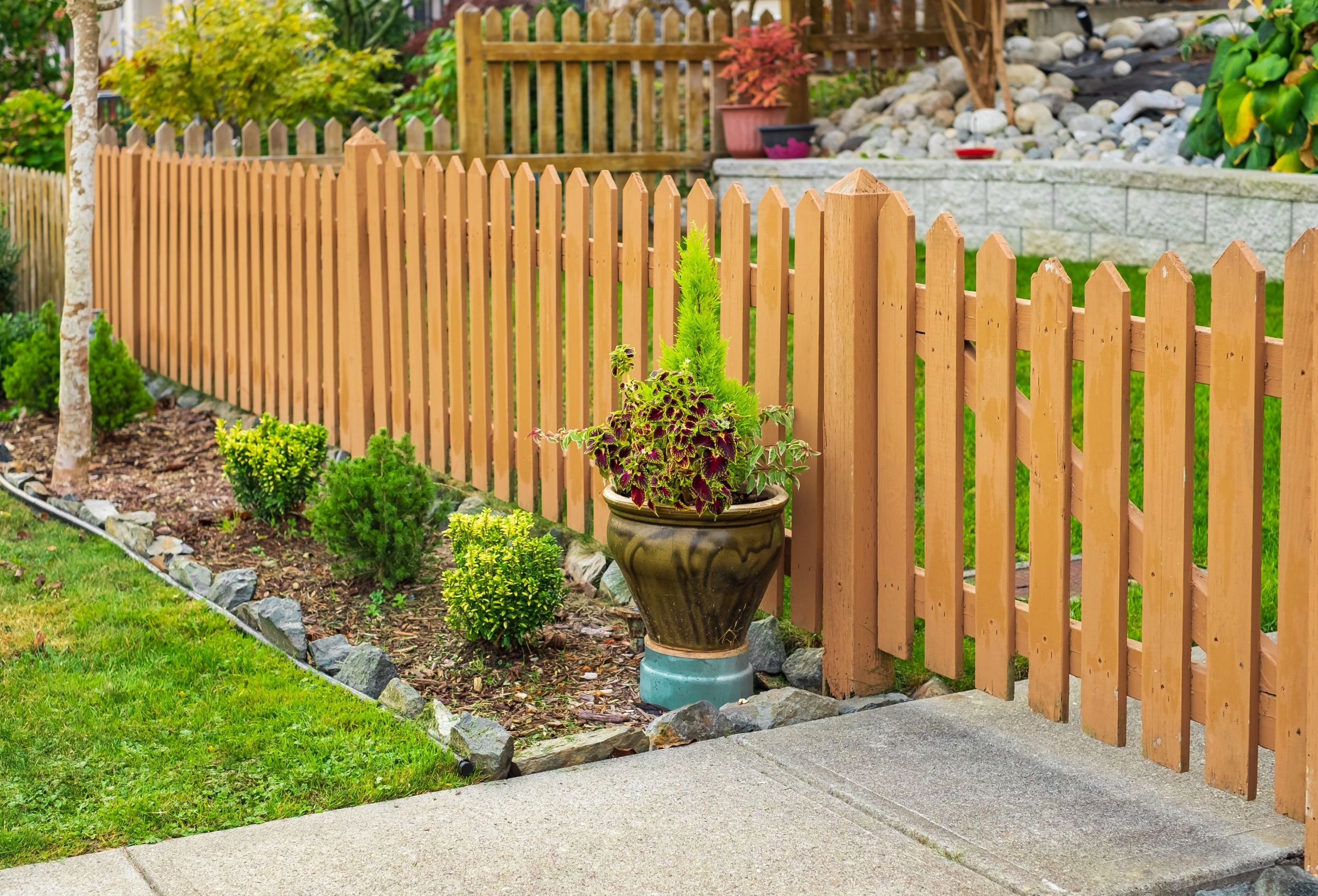All Categories
Featured

When it comes to choosing the ideal fencing material for durability, functioned iron stands out as one of the most dependable and durable alternatives available. Allow's take a better look at wrought iron secure fencing and how it piles up against choices like aluminum, wood, and vinyl.
Stamina and Longevity of Wrought Iron Secure Fencing. Wrought iron is a solid, sturdy product that's created to last for years, if not longer. Unlike numerous various other secure fencing options, wrought iron can withstand severe environmental problems, including extreme heat, hefty rain, and also solid winds. This makes it an outstanding selection for homes situated in locations with uncertain weather condition. Because it is a metal, wrought iron is not vulnerable to the damage that timber fences frequently experience, such as deteriorating, warping, or insect problems.
Resilience: Wrought iron fencings are exceptionally challenging and can hold up against impacts and other kinds of physical tension that may damage various other products. When appropriately kept, they can last for half a century or more, making them an investment that will supply long-term value.
Wrought Iron vs. Timber Secure fencing. Wooden fences, while standard and aesthetically pleasing, normally call for even more maintenance and have a much shorter life-span compared to functioned iron. Timber is prone to rot, termites, and weathering with time, all of which can compromise its structural honesty. In enhancement, timber fences might need to be changed or repaired every 10 to 20 years, relying on the climate and the sort of wood made use of.
Maintenance: While wood fences require to be frequently treated with stains, sealers, or paints to keep their look and long life, wrought iron fences usually require a lot less upkeep. They might need occasional cleansing or painting to stop corrosion, particularly in moist or coastal areas, yet they won't experience the same kinds of deterioration as timber.
Longevity: While a properly maintained wooden fencing might last 20 to thirty years, wrought iron can exceed that lifespan by numerous decades, making it a much more durable option over time.
Wrought Iron vs. Plastic Secure fencing. Plastic fence has come to be a popular choice to timber because of its low upkeep and resistance to the elements. Unlike timber, plastic does not rot or warp, and it doesn't need to be repainted or treated. Plastic can become fragile over time, specifically in regions with extreme winter seasons or severe UV direct exposure. It might crack or damage under stress, such as from a hefty impact or a serious tornado.
Toughness: While vinyl is fairly durable and immune to rot and fading, it still can not match the long-term toughness and sturdiness of wrought iron. A vinyl fencing may last around 20 to thirty years, relying on ecological aspects, yet it does not have the structural honesty that functioned iron offers.
Maintenance: Plastic requires minimal maintenance compared to wood, however it can still fade over time, specifically in locations with intense sun exposure. Wrought iron may require occasional rust avoidance treatments yet typically requires fewer treatments than vinyl.
Wrought Iron vs. Light Weight Aluminum Fencing. Aluminum is one more steel alternative to wrought iron, and while it shares a few of the toughness characteristics of wrought iron, it is usually much less solid and strong. Light weight aluminum is much more immune and lightweight to corrosion and rust, making it a preferred selection for low-maintenance fencing. It's not as solid as functioned iron and might be extra vulnerable to nicking or bending under stress.

Durability: Wrought iron is substantially stronger and more long lasting than aluminum. While light weight aluminum fencings can last for numerous years, they may not stand up as well in high-impact or high-traffic locations. In contrast, wrought iron is far more immune to physical damage and can better endure pressure and pressure.
Maintenance: Both wrought iron and aluminum fences call for some maintenance, primarily to stop corrosion. Nevertheless, light weight aluminum is less likely to rust than wrought iron, making it a much more low-maintenance alternative in locations with high humidity or seaside salt exposure.
Final Thoughts: Wrought Iron's Sturdiness Benefit. Wrought iron stands apart as one of one of the most sturdy secure fencing materials available, surpassing timber, plastic, and aluminum in terms of strength, durability, and general efficiency. While it does call for periodic maintenance, especially to avoid rust, its ability to endure extreme climate condition, physical tension, and the examination of time makes it an exceptional financial investment for companies and property owners looking for a lasting, secure fencing service.
For those who prioritize toughness and long life most importantly else, wrought iron is an unequalled choice. Whether you're securing a house, enhancing the appearance of your yard, or supplying safety and security for a business website, wrought iron fencing will certainly provide decades of resilience and visual allure that few other products can match.
Latest Posts
Boost Your Home's Outside with Weathercraft's Home siding Solutions
Published May 26, 25
1 min read
Discover WyHy Federal Credit Union – Trusted Financial Solutions for Your Financial Success
Published May 24, 25
1 min read
Discover Affordable Auto Repairs with Montclare’s Exclusive Service Specials
Published May 23, 25
1 min read
More
Latest Posts
Boost Your Home's Outside with Weathercraft's Home siding Solutions
Published May 26, 25
1 min read
Discover WyHy Federal Credit Union – Trusted Financial Solutions for Your Financial Success
Published May 24, 25
1 min read
Discover Affordable Auto Repairs with Montclare’s Exclusive Service Specials
Published May 23, 25
1 min read